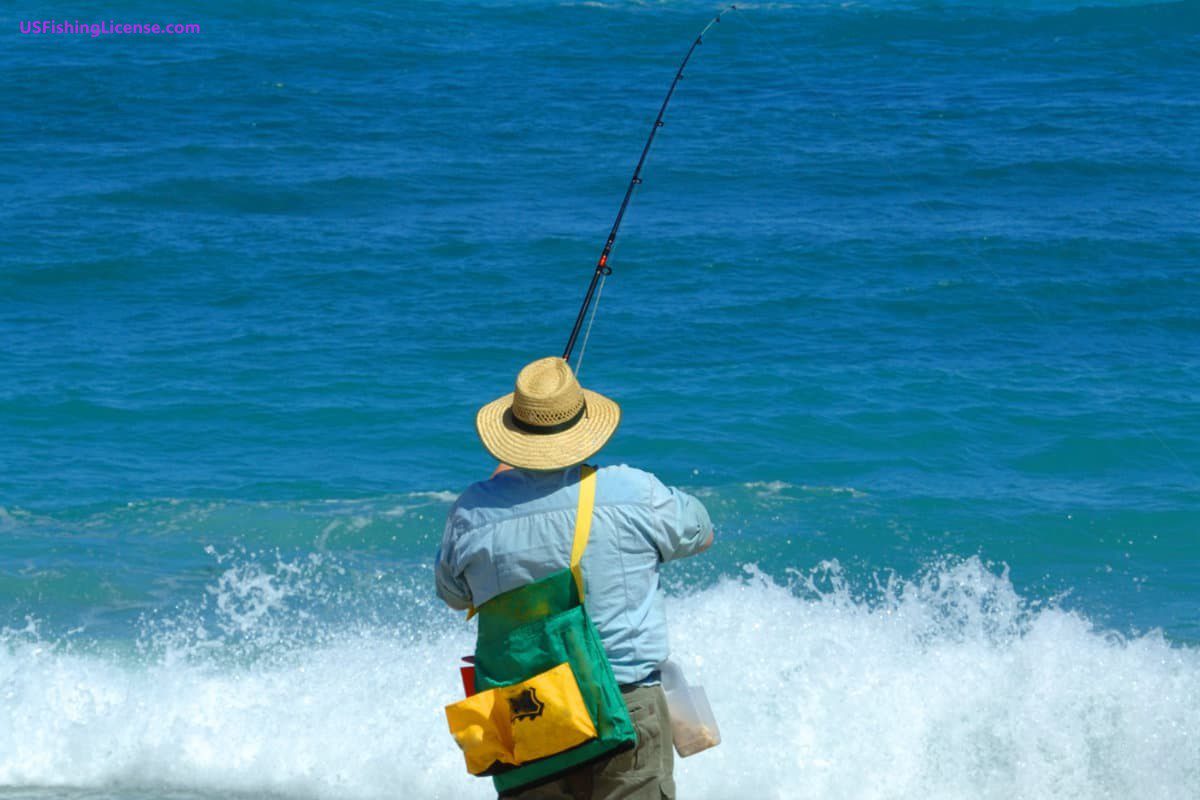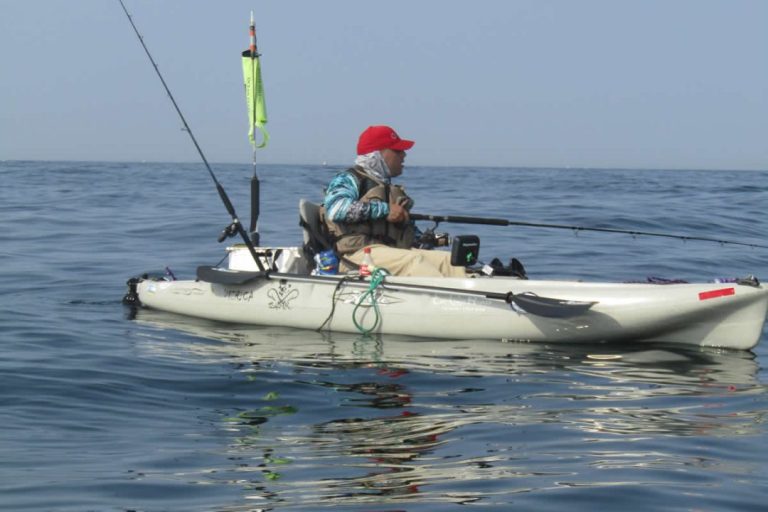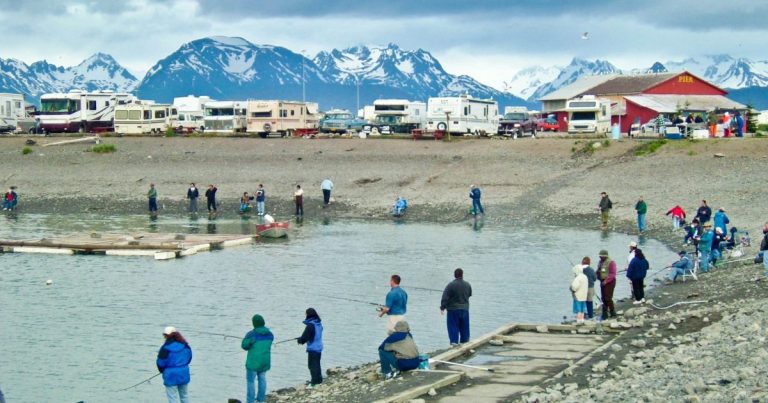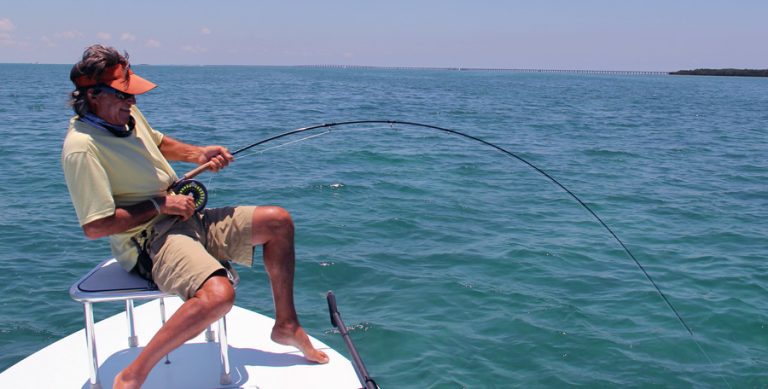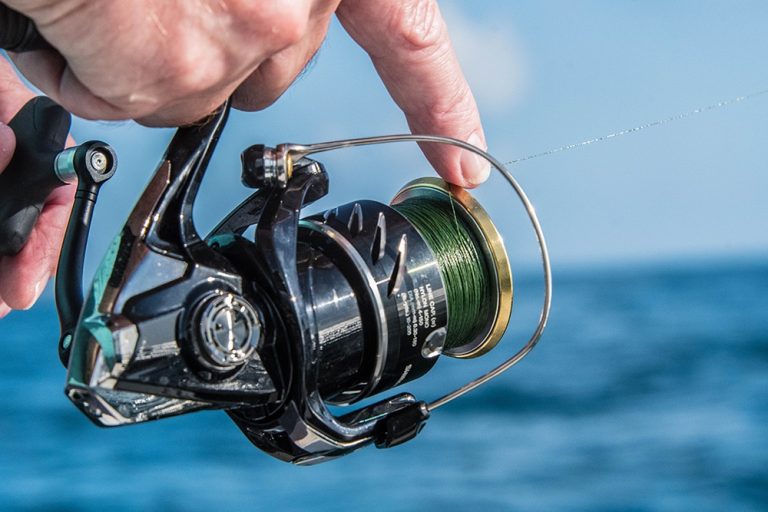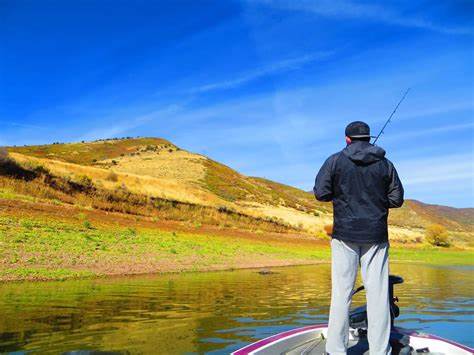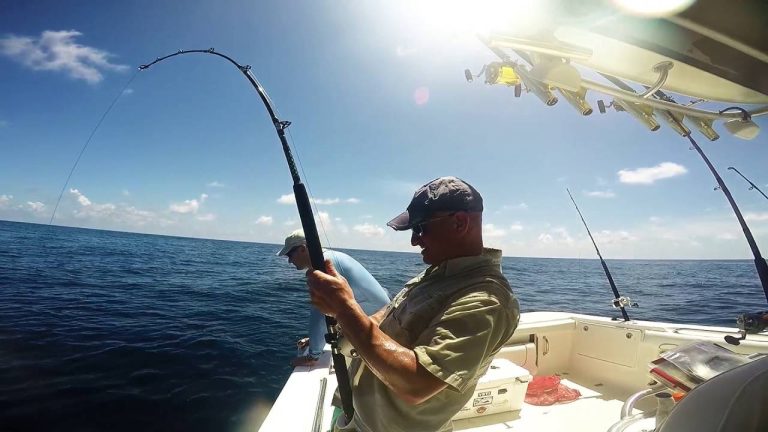Fishing in Florida is more than just a pastime; it’s a way of life for many and a major draw for tourists. With its diverse aquatic ecosystems ranging from freshwater lakes to saltwater coastlines, the Sunshine State offers unparalleled fishing opportunities. However, before you cast your line, it’s crucial to understand the licensing requirements. This guide will walk you through everything you need to know about obtaining a Florida fishing license in 2025.
Why You Need a Florida Fishing License
Fishing licenses are not just a legal formality; they play a vital role in conservation efforts. The revenue generated from license sales directly funds the Florida Fish and Wildlife Conservation Commission’s (FWC) initiatives, including:
- Fish and wildlife research
- Habitat restoration
- Law enforcement
- Public education programs
By purchasing a license, you’re contributing to the preservation of Florida’s aquatic resources for future generations. According to the FWC’s official website, “A Florida fishing license is your ticket to fishing opportunities and helps us manage Florida’s fish and wildlife.”
Who Needs a Florida Fishing License?
Generally, anyone aged 16 or older who wants to fish recreationally in Florida needs a license. However, there are several exemptions:
- Florida residents age 65 or older (with proof of age and residency)
- Children under 16 years old
- Florida residents who are totally and permanently disabled (with certification)
- Active-duty military personnel home on leave for 30 days or less
- Those fishing from a licensed charter boat or pier
For a complete list of exemptions, visit the FWC’s License Free Fishing page.
It’s important to note that even if you’re exempt, you must still follow all fishing regulations, including bag limits and size restrictions.
Types of Florida Fishing Licenses
Florida offers various types of fishing licenses to accommodate different needs:
Freshwater Licenses
- Designed for fishing in lakes, rivers, and other inland water bodies
Saltwater Licenses
- Required for fishing in coastal waters, including bays and estuaries
Combination Licenses
- Allow fishing in both freshwater and saltwater
Short-Term Licenses
- Available for non-residents or those who only fish occasionally
Lifetime Licenses
- Available for Florida residents, offering lifetime fishing privileges
For a complete list of license types, visit the FWC’s Recreational License and Permit page.
Florida Fishing License Costs for 2025
License costs vary based on residency status, duration, and type of fishing. Here’s a breakdown of the current fees:
| License Type | Resident Cost | Non-Resident Cost |
|---|---|---|
| Annual Freshwater | $17 | $47 |
| Annual Saltwater | $17 | $47 |
| Annual Combination (Fresh/Salt) | $32.50 | N/A |
| 3-Day Freshwater | N/A | $17 |
| 3-Day Saltwater | N/A | $17 |
| 7-Day Freshwater | N/A | $30 |
| 7-Day Saltwater | N/A | $30 |
| 5-Year Freshwater | $79 | N/A |
| 5-Year Saltwater | $79 | N/A |
Note: Prices are subject to change. Always check the official FWC website for the most up-to-date information.
How to Purchase a Florida Fishing License
Florida has made it convenient to obtain a fishing license through multiple channels:
- Online: Visit GoOutdoorsFlorida.com, the FWC’s official licensing portal. This is the quickest and most convenient method.
- Mobile App: Download the Fish|Hunt FL app, available for both iOS and Android devices. This app allows you to purchase, store, and display your license digitally.
- Phone: Call 1-888-FISH-FLORIDA (347-4356) to purchase your license over the phone.
- In-Person: Visit any authorized license agent, including many sporting goods stores, bait and tackle shops, and Walmart locations.
- County Tax Collector’s Office: You can obtain your license at any Florida county tax collector’s office.
When purchasing, you’ll need to provide:
- Proof of residency (for resident licenses)
- A valid form of identification
- Your Social Security number (for first-time purchasers)
New Regulations for 2025
The FWC regularly updates fishing regulations to ensure sustainable fish populations. Some key changes for 2025 include:
- Updated bag limits for certain species
- Modifications to fishing seasons in specific areas
- New gear restrictions for certain types of fishing
Always check the FWC Fishing Regulations page or the Fish|Hunt FL app for the most current regulations before your fishing trip.
Conservation Efforts and the Role of Fishing Licenses
Your fishing license purchase directly supports Florida’s conservation efforts. In 2023, license sales generated over $50 million for the FWC, funding critical initiatives such as:
- Habitat restoration projects
- Fish stocking programs
- Artificial reef construction
- Research on fish populations and migration patterns
- Educational programs promoting responsible fishing practices
By obtaining a license, you’re not just gaining the right to fish; you’re investing in the future of Florida’s aquatic ecosystems. Learn more about these efforts on the FWC’s Conservation page.
Tips for Responsible Fishing in Florida
- Know the Regulations: Familiarize yourself with size and bag limits for different species.
- Practice Catch and Release: When possible, release fish carefully to ensure their survival.
- Use Appropriate Gear: Choose the right tackle to minimize harm to fish you intend to release.
- Dispose of Fishing Line Properly: Use designated recycling bins or take it home for proper disposal.
- Respect the Environment: Leave your fishing spot cleaner than you found it.
For more tips on responsible fishing, visit the FWC’s Ethical Angling page.
Conclusion
Obtaining a Florida fishing license is a straightforward process that plays a crucial role in conservation efforts. Whether you’re a resident angler or a visitor looking to experience Florida’s world-class fishing, ensuring you have the proper license is the first step to a successful and responsible fishing adventure.
Remember, fishing regulations and license requirements can change, so always check the official FWC website or use the Fish|Hunt FL app for the most up-to-date information before your fishing trip. By following the rules and obtaining the proper license, you’re not just complying with the law; you’re actively contributing to the preservation of Florida’s diverse and abundant aquatic ecosystems for future generations to enjoy.
So, grab your gear, secure your license, and get ready to experience the unparalleled fishing opportunities that Florida has to offer in 2025!
How long is my fishing license valid?
Annual fishing licenses are valid for 12 months from the date of purchase, while short-term licenses (3-day or 7-day) are valid for the specified number of consecutive days. Lifetime and 5-year licenses remain valid for the entire duration.
What happens if I lose my fishing license?
If you lose your physical license, you can easily print a duplicate online at no cost through your GoOutdoorsFlorida.com account. If you have a digital copy on your smartphone, simply present that to law enforcement if requested.
Are there any free fishing days in Florida?
Yes, Florida offers several license-free fishing days each year. On these designated days, residents and non-residents can fish without a license, although all other regulations still apply. For 2025, the saltwater license-free fishing days are June 1-2, September 7, and November 30.
Do I need separate licenses for freshwater and saltwater fishing?
While Florida does offer separate freshwater and saltwater licenses, the most cost-effective option for anglers who plan to fish in both types of waters is the combination license. This license covers both freshwater and saltwater fishing at a discounted price compared to purchasing individual licenses.
What are the consequences of fishing without a license in Florida?
Fishing without a valid license is a second-degree misdemeanor in Florida, punishable by a fine of up to $500 and/or up to 60 days in jail. Additionally, violators may face civil penalties, court costs, and the suspension of their fishing privileges. It’s always best to obtain the proper licenses and permits before casting your line.



